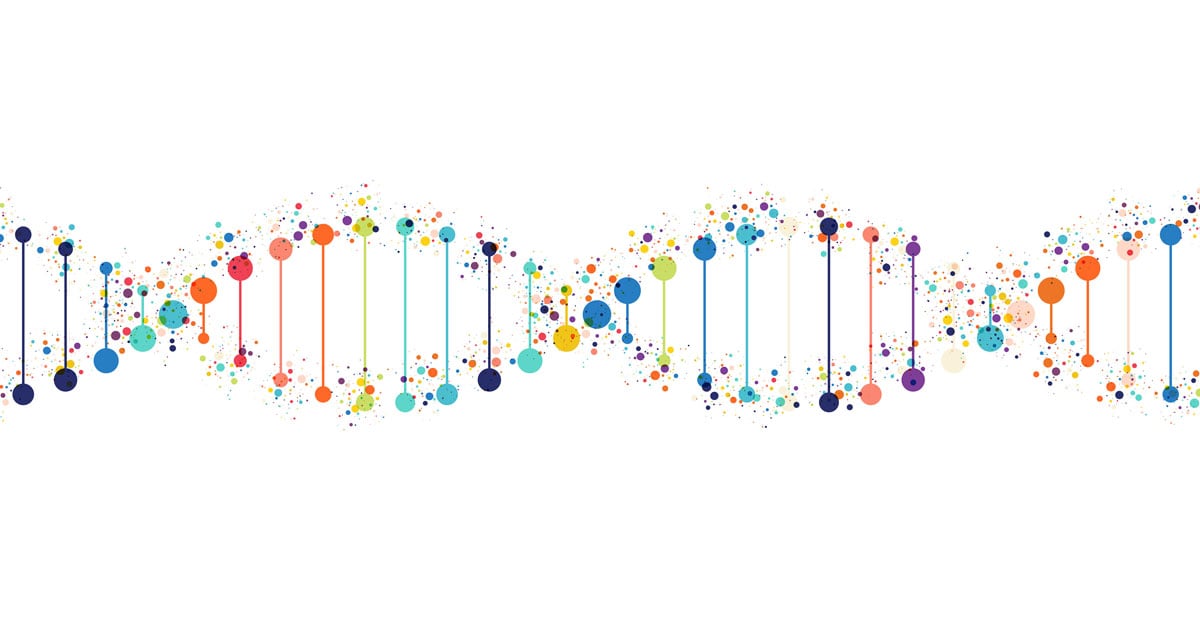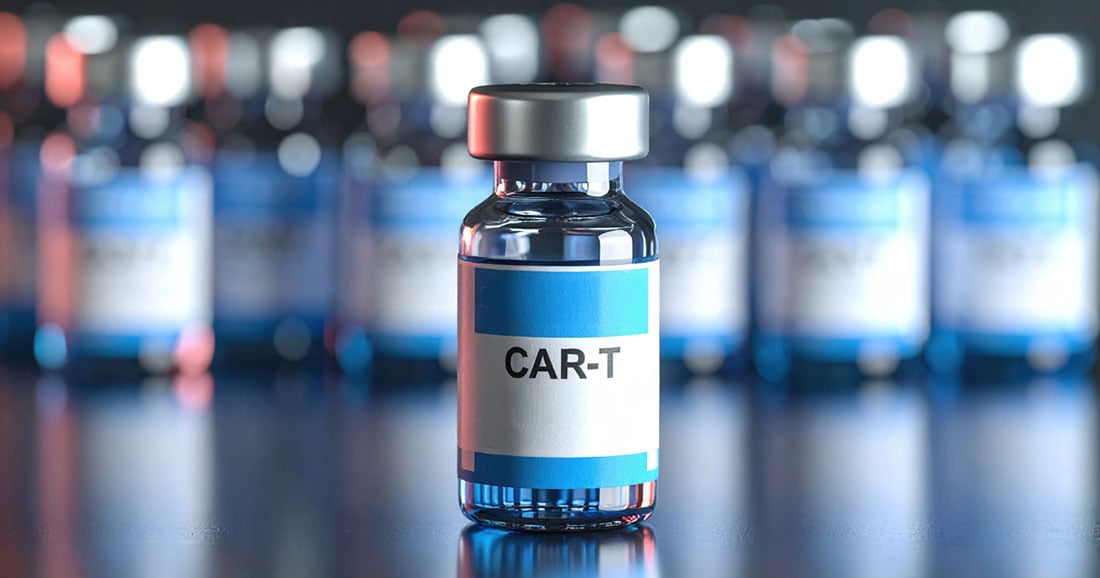Cell and gene therapies (CGT) represent one of the most transformative advances in modern medicine. These personalized, high-value treatments offer life-changing benefits for patients with rare or previously untreatable conditions. Unlike traditional pharmaceuticals produced at scale and distributed through established channels, cell and gene therapies are often made individually, using a patient’s own cells. This introduces a uniquely tight timeline and logistical challenge: each therapy must be delivered safely and timely—without compromising quality or efficacy.
The Manufacturing Bottleneck
The manufacturing of CGTs is not only highly specialized but also highly variable. Tight production windows and complex lab workflows mean that manufacturing schedules can be unpredictable. Delays in upstream processing—such as cell collection—can cascade downstream, causing logistical disruptions.
Add to that the regulatory scrutiny and validation requirements for every batch, and you begin to see why aligning production with logistics is no small feat.
Logistics as a Strategic Enabler
For CGT developers and manufacturers, logistics must be seen not just as a delivery function, but as a strategic enabler of therapy success. Synchronization between manufacturing and logistics starts with early integration: bringing logistics providers into the planning phase to understand lead times, potential bottlenecks, and contingency scenarios.
Time is a critical factor. For many autologous therapies, once cells are extracted from the patient, there is a limited window—often just hours or days—for processing, shipment, and reinfusion. Logistics providers must not only manage ultra-cold or cryogenic conditions but also ensure strict chain-of-identity and chain-of-custody protocols. A single misstep can mean the loss of a one-of-a-kind treatment.
Digital Coordination and Real-Time Monitoring
Modern digital tools can play a significant role in bridging the lab-to-life gap. Real-time shipment visibility, temperature monitoring, and predictive analytics help logistics teams adapt quickly to changing conditions. Integration between manufacturing execution systems (MES) and logistics platforms ensures updates are shared in real time, enabling smoother handoffs and fewer surprises.
Building for Scale Without Compromise
As more CGTs move from clinical to commercial stages, the pressure to scale efficiently without compromising safety or personalization grows. Logistics solutions must evolve alongside manufacturing advancements—offering flexible infrastructure, specialized packaging, and global reach with local compliance expertise.
Conclusion
Overcoming the manufacturing-logistics divide in cell and gene therapy is not just about moving products—it’s about protecting potential cures. It requires collaboration, precision, and trust at every step of the supply chain.
At Biocair, we place patient safety and product integrity at the center of everything we do. Our global team of experts in cold chain logistics, cryogenic transportation, and clinical trial logistics collaborates to design and execute customized, temperature-controlled packaging and monitoring solutions that meet the highest standards. Because when it comes to cell and gene therapies, logistics is more than delivery—it’s a lifeline.
Related Contents:

Biocair
Cold Chain Solutions for Life Sciences and Pharma
Biocair is a global logistics provider specializing in pharmaceutical, biotechnology and life sciences supply chain solutions with nearly 40 years of experience. By assembling a team of best-in-class industry experts in quality, cold chain and regulatory compliance, Biocair focuses on providing the most comprehensive time-sensitive and temperature-controlled solutions.





